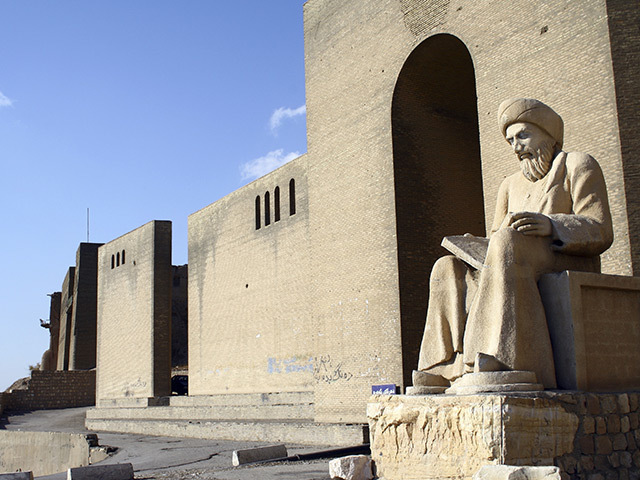
The Kurdish region of northern Iraq could arguably be described as one of the quietest parts of the Middle East, and it is proving hugely attractive to foreign oil companies . . . particularly European and US.
The provinces of Arbil, Dahuk and Sulaymaniyah, which are administered by the semi-autonomous Kurdish Regional Government (KRG), are certainly the safest part of the country.
However, it is not necessarily a stable part of the world and the outlook for the region is far from risk-free.
The region has seen only a handful of security incidents over recent years, most of which have occurred around the fringes of the territory and involved minimal casualties. Civilians, particularly foreigners, have rarely been affected.
In contrast, adjacent parts of Iraq see more attacks in a week than KRG territory has seen in a decade.
The nearby city of Mosul experiences an average of 1-2 terrorist attacks per day. Even neighbouring Turkey sees more in the way of political violence than the Kurdish region.
A number of factors are behind the relative calm.
Firstly, the security forces of the region – the Kurdish Peshmerga – have been evolving and developing for decades.
Originally a collection of guerrilla fighters they were eventually trained and supported by foreign powers, most notably after the 2003 invasion.
While other elements of the Iraqi security forces were infamously disbanded (with disastrous consequences) the Kurdish Peshmerga were supported and thus became able to prevent militant threat groups from operating in the territory.
They maintain checkpoints on all the main routes into the territory, regularly stopping and searching vehicles from outside.
Civilian residents of the Kurdish region are also willing to report suspicious activity to the authorities.
This is a crucial source of intelligence for the Peshmerga and one which is not as widely available to the security forces elsewhere in the country.
Nonetheless, the threat of terrorism has never gone away. Suicide bombers killed at least six people and injured dozens more when they attacked a security force building in Arbil city in late September.
The Islamic State of Iraq and the Levant (ISIL) reportedly claimed responsibility for the incident.
The group has been battling the federal authorities of Iraq for years and recently expanded its activity in neighbouring Syria.
It has since become embroiled in fighting with Kurdish groups in the country, which may have put it at odds with the Kurdish authorities in Iraq.
More attacks should be anticipated in KRG territory although the security forces and public vigilance will ensure that they remain infrequent.
While dealing with terrorism on the one hand, the Kurdish administration also remains in a protracted struggle with the federal authorities in Baghdad.
Long-running disputes over Kurdish oil revenue and poorly demarcated borders continue to exacerbate relations between the two authorities.
The issue is regarded as one of the biggest threats to Iraq’s stability, with worst case scenarios involving a military confrontation between the two sides.
For now, Baghdad continues to bolster its military capabilities – much to the concern of the Kurds – but it is likely to remain distracted from its dispute with the KRG by insurgency in the central provinces for the foreseeable future.
Occasional cross-border Turkish military incursions are also a concern. For years Ankara has been fighting Kurdish separatist militant group the PKK, which is operational in the mountains of KRG territory.
Peace talks between the two sides gave hope of a solution earlier in 2013, but Ankara could resume its cross border strikes once again if the talks break down.
However, even if that were to happen, the majority of business interests in the territory would remain unaffected. The strikes tend to be limited to isolated rural parts of the mountainous border region.
In addition to external concerns, KRG territory is also set to face domestic problems.
Public demonstrations, particularly around election times, are often regarded as a positive sign in terms of democratic evolution.
However, the associated violence and alleged harassment of journalists and activists is not viewed so positively.
Public frustration with issues such as unemployment, alleged illiberalism and nepotism could all prompt further unrest in the territory over the coming years.
However, the same could be said of many parts in Europe, which perhaps from a day-to-day security perspective is not too remote a comparison.
John Drake is head of global intelligence at security specialist AKE
Recommended for you
